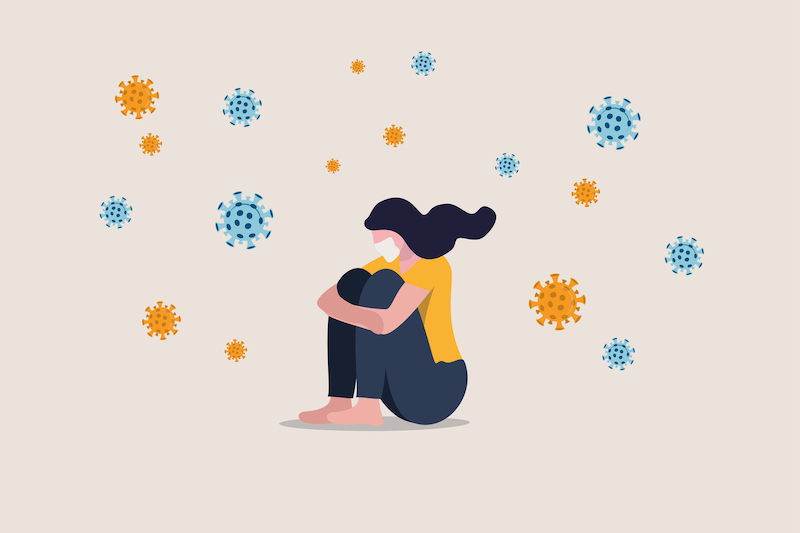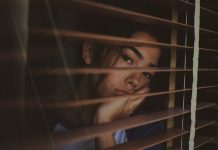
Here in the Mitten State, researchers are studying the affect of pandemic isolation; the risk of lesbian, gay, and bisexual people developing dementia; and how noise and light disrupts bird breeding. Here’s a closer look at these studies:
Who is most affected by pandemic isolation?
People who possess “psychological flexibility” are more likely to avoid becoming depressed or anxious when forced into the kind of isolation brought on by lockdowns and quarantines, researchers at Western Michigan University found. Psychologist Brooke Smith and doctoral student Alex Twohy surveyed 278 people during a three-week period at the height of the pandemic last spring. They found those capable of remaining engaged and active even when confronted with a lonely or uncertain situation fared better. Their research, published in October in the Journal of Contextual Behavioral Science, suggests “acceptance and commitment therapy,” a therapeutic approach shown to be successful in treating other difficult-to-control challenges, including chronic pain, could be effective in helping patients struggling with or overwhelmed by diminished socialization caused by the pandemic.
LGB seniors at higher risk for dementia
A study of the cognitive skills of more than 3,500 older people found lesbian, gay, and bisexual people are at higher risk of developing dementia than the heterosexual population, according to research led by Michigan State University sociologist Ning Hsieh that was published in the journal The Gerontologist. Hsieh says the research suggests that stress and depression earlier in life, perhaps brought on by societal bigotry, may contribute
to the development of brain disease later. Hsieh’s work did not study how similar factors affect transgender people.
Human noise, light disrupt bird breeding
The populations of several North American birds have declined in recent decades in part because artificial light and sounds confuse winged critters and throw off their mating rituals, according to a study co-authored by University of Michigan conservation ecologist Neil Carter and postdoctoral researcher Mark Ditmer published in the journal Nature in November. The researchers examined data from 58,502 nests representing 142 North American species of birds and found light pollution from cities and noise from auto and airplane traffic interfere with mating calls and timing.
|
|
|









